Is the alcohol thickness and concentration of coffee the same? What does alcohol thickness mean?
Many friends directly equate the thickness of alcohol with the concentration, and most of the partners who know the difference between the two are not clear about the specific difference. So today we are going to discuss in depth the relationship between alcohol thickness and concentration.
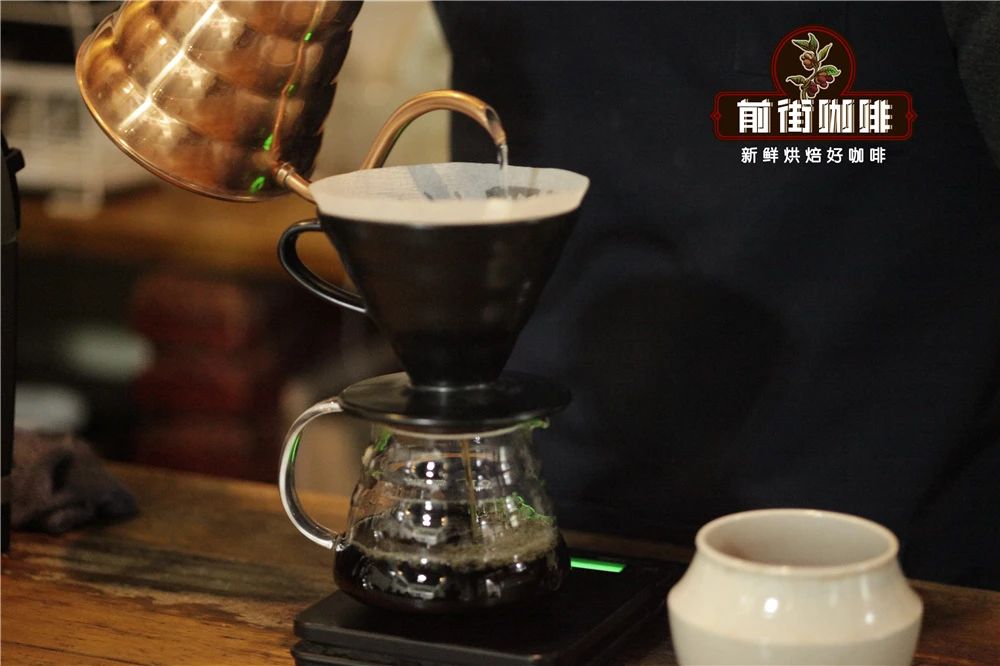
Alcohol thickness ≠ concentration
First of all, the two are definitely not the same. The thickness of alcohol shows the tactile feeling of the mouth and tongue when tasting coffee. To take an appropriate example, when drinking boiled water, milk and solidified yogurt, the taste is different. Plain boiled water does not have any alcohol thickness to speak of. It can also be called thin and watery.
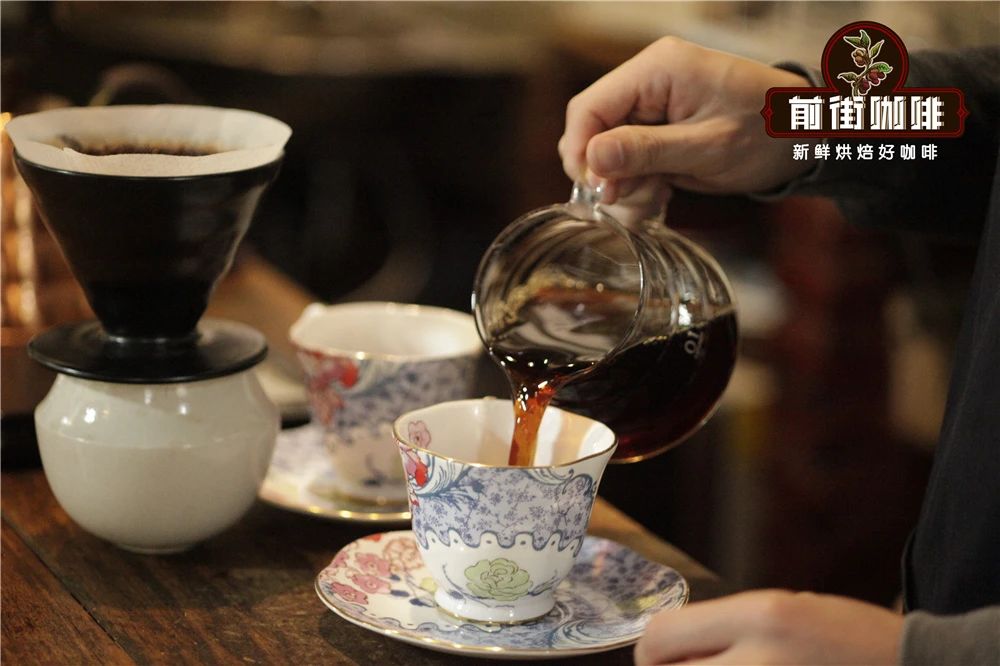
While drinking milk obviously feel the fullness of the mouth, so sometimes when tasting coffee feel like milk-like touch, can also be expressed as milk-like smooth taste.
Solid yogurt can be seen to be quite sticky when observed, and the feeling of "wrapping" in the mouth, if it also occurs when drinking coffee, can be called mellow thickness (Body strong) and creamy taste.
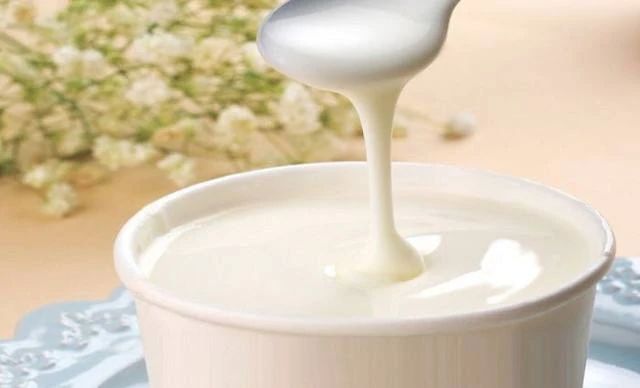
Concentration is the proportion of very simple soluble matter in the liquid. For example:
When 5 grams of sugar are added to a cup of 100ml water, the concentration of this glass of water is 4.76%, which will taste slightly sweet and light.
When 10 grams of sugar are added to a cup of 100ml water, the concentration of the water is 9.09%, which tastes moderate.
Add 20 grams of sugar to a cup of 100ml water, and the concentration of the water is 16.67%, which tastes sweet.
Of course, a cup of coffee contains not only sugar, but also many flavor substances. Take a cup of hand-brewed coffee as an example, the hand-brewed coffee with a concentration of more than 1.45% belongs to high concentration, which is often characterized by concentrated taste, extreme bitterness or extreme acidity, while the hand-brewed coffee with a concentration of less than 1.15% belongs to low concentration and is often light and tasteless.
Therefore, to sum up, the thickness of alcohol belongs to the expression of taste, and the concentration has a great effect on the flavor. Alcohol thickness and concentration is not irrelevant, often in practice, low concentration of coffee almost alcohol thickness is not very good, alcohol thickness of good coffee concentration is generally not low. This is because at the same ratio of powder to water, a high concentration of coffee means that the coffee liquid contains more substances, and some of the substances that affect the taste are also relatively high.

What are the aspects that affect the alcohol thickness and concentration of coffee?
Let's talk about concentration first, because the concentration is relatively simple. The most direct impact is the cooking process, the ratio of powder to water, grinding degree, water temperature, techniques are related. Under the premise that other parameters remain unchanged, the more water is injected, the lower the coffee concentration is; the thicker the grinding degree is, the lower the coffee concentration is; the lower the water temperature is, the lower the coffee concentration is; vice versa.
There are many aspects that affect the thickness of caffeine, such as the way of treatment, the degree of baking, the way of brewing and so on.
In terms of treatment, sun treatment and honey treatment because the pulp pectin was retained during treatment, so the alcohol thickness of coffee beans was thicker than that of washed coffee beans.
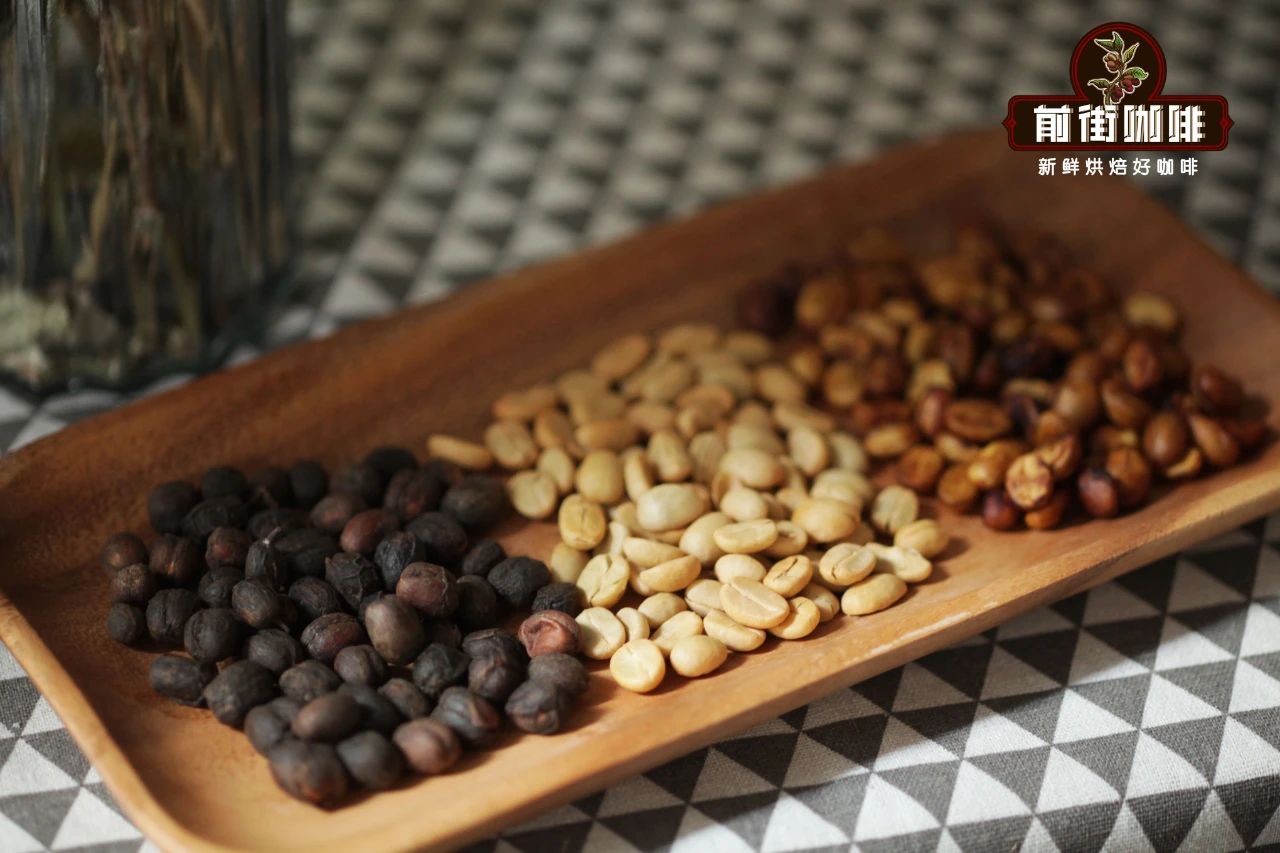
Roasting is the most important link affecting the thickness of coffee bean alcohol. The deeper the roasting, the better the alcohol thickness of the coffee. This is because the prolongation of the Mena reaction can release more melanin-like pigment, which can create a higher alcohol thickness. This is why the thickness of caffeine roasted in medium and deep baking is better than that in shallow roasting.
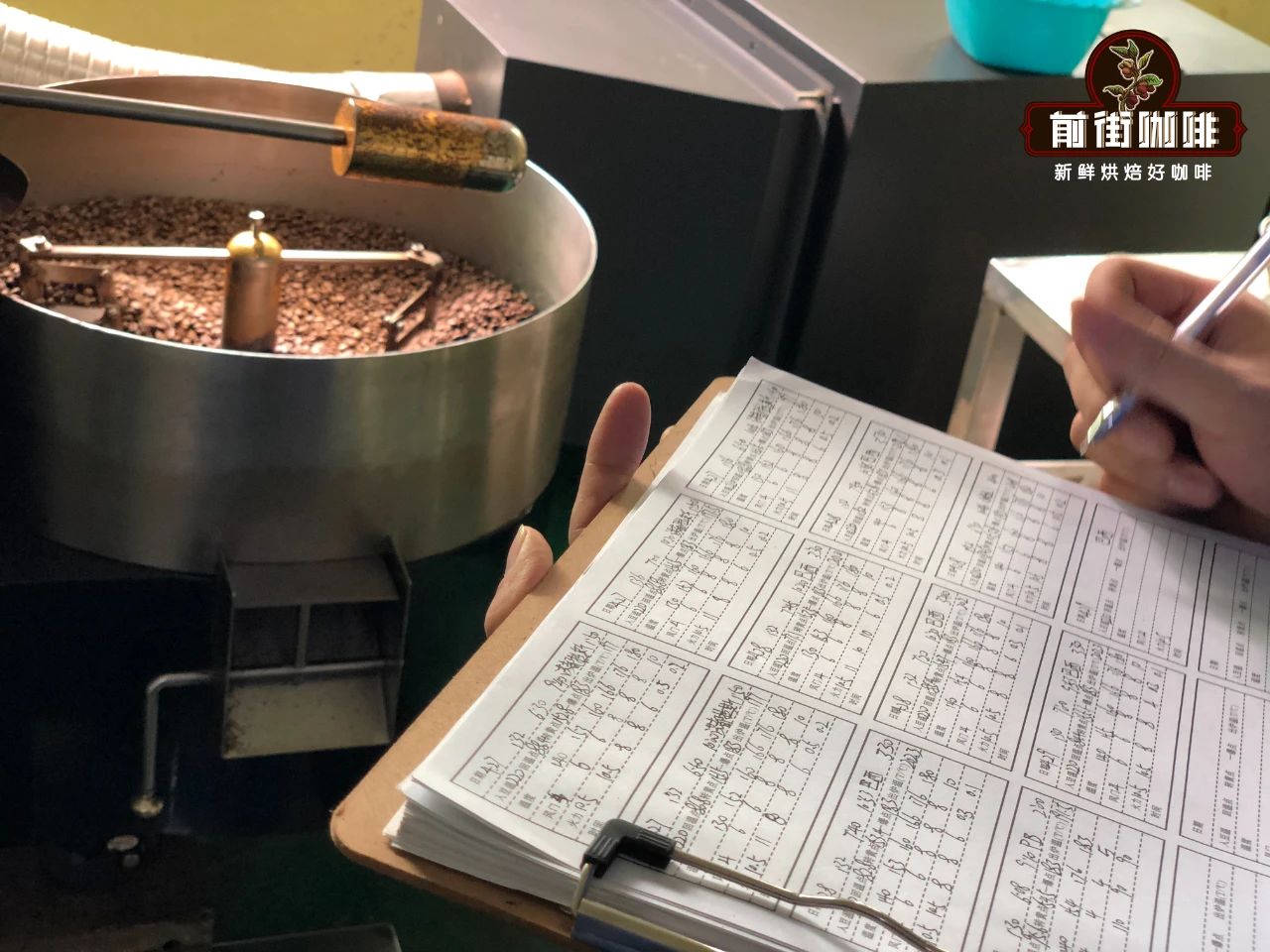
The most obvious influence on alcohol thickness in brewing is the filter material. The non-water-soluble oil floating on the surface of coffee liquid is the source of increasing alcohol thickness. Filter paper can filter 95% of coffee oil. All common hand-brewed coffee filtered with filter paper will be clean and clear.
The Japanese prefer flannel filter cloth, because its fiber structure is thinner than filter paper, allowing part of the oil to pass through. Therefore, the coffee filtered with blue velvet will taste more mellow.

Important Notice :
前街咖啡 FrontStreet Coffee has moved to new addredd:
FrontStreet Coffee Address: 315,Donghua East Road,GuangZhou
Tel:020 38364473
- Prev
Evaluation of Red Standard Rosa Coffee Bean Flavor and Taste of Jadeite Manor in the New season in 2021
At the end of April, the only 300 grams of red sign rose left in Qianjie was sold out in the form of drinks only, and then we ushered in a day without red marks for more than a month. Today, Panamanian Emerald Manor Red label Rose Summer Coffee beans, it is back! The new red sign of the new year was yesterday. The red label Rosa coffee beans of the 21-year new production season arrived in Qianjie, and it was carried out immediately after the arrival.
- Next

What is latte What is cappuccino latte Advice
In front street coffee hot, if you drink latte, its flavor is with whisky, lactose and coffee acid collision milkshake sweet feeling, aftertaste is hazelnut and other nutty aftertaste. The flavor of cappuccino will have a more obvious chocolate flavor, with milk and dense milk bubbles, showing a very full taste, rich and lasting cocoa flavor, accompanied by wine smoke.
Related
- Detailed explanation of Jadeite planting Land in Panamanian Jadeite Manor introduction to the grading system of Jadeite competitive bidding, Red bid, Green bid and Rose Summer
- Story of Coffee planting in Brenka region of Costa Rica Stonehenge Manor anaerobic heavy honey treatment of flavor mouth
- What's on the barrel of Blue Mountain Coffee beans?
- Can American coffee also pull flowers? How to use hot American style to pull out a good-looking pattern?
- Can you make a cold extract with coffee beans? What is the right proportion for cold-extracted coffee formula?
- Indonesian PWN Gold Mandrine Coffee Origin Features Flavor How to Chong? Mandolin coffee is American.
- A brief introduction to the flavor characteristics of Brazilian yellow bourbon coffee beans
- What is the effect of different water quality on the flavor of cold-extracted coffee? What kind of water is best for brewing coffee?
- Why do you think of Rose Summer whenever you mention Panamanian coffee?
- Introduction to the characteristics of authentic blue mountain coffee bean producing areas? What is the CIB Coffee Authority in Jamaica?

